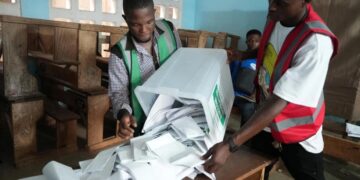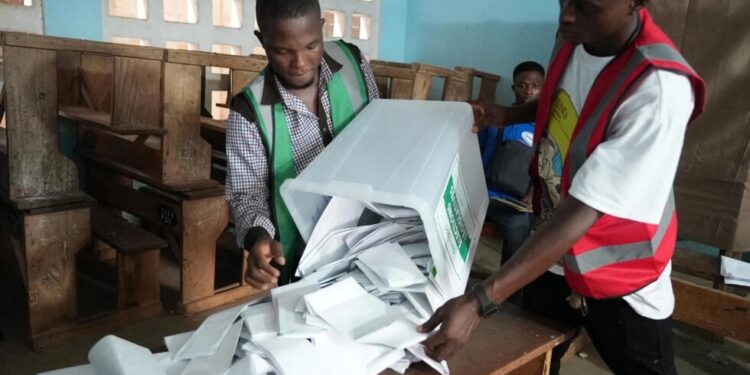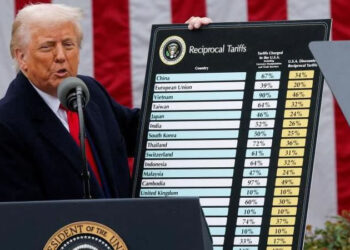By John Ikani
Opposition voices in Togo have raised concerns about the integrity of the recent legislative and regional elections, alleging instances of ballot manipulation as the tallying process continues.
In contrast, observers from the region have declared the elections to be conducted fairly and freely.
Authorities are yet to unveil the initial results of Monday’s elections, which took place following the enactment of a controversial constitutional amendment.
Critics argue that this amendment could potentially solidify President Faure Gnassingbé’s hold on power in the small West African nation.
This electoral event marked the first test since the introduction of the new constitution, which ushered in a prime ministerial position that opposition factions fear might enable Gnassingbé to sidestep term limits.
Gnassingbé, aged 57, has emerged victorious in four elections since 2005, all of which were contested by opposition parties.
In the previous parliamentary elections of 2018, the primary opposition party abstained, citing irregularities in the process.
READ ALSO: Nigeria Grabs 112th Spot In 2024 World Press Freedom Index
‘Instances of Irregularities’
The opposition coalition, Dynamics for the Majority of the People (DMP), has reported irregularities across various polling stations, including allegations of over-voting, delays in the commencement of voting, and discrepancies in electoral rolls.
Nathaniel Olympio, head of the Togolese Party opposition, has criticized international bodies for endorsing what he deems as ‘fraudulent elections,’ pointing to a shortage of observers deployed nationwide.
Brigitte Adjamagbo-Johnson, leader of the Democratic Convention of African Peoples party (CDPA), has expressed intentions to contest the legitimacy of the elections, citing widespread claims of ballot stuffing and pledging legal action.
However, Pascal Bodjona, the president’s new political advisor, attributes the ruling party’s apparent lead to the consistent presence of the UNIR party on the ground, assuring that any allegations of fraud will be addressed through due process.
No Major Incidents Reported
Observers from the Community of Sahel-Saharan States (CEN-SAD) have characterized the election atmosphere as largely positive, with no significant incidents reported.
Nonetheless, they have raised concerns about the annulment of some ballots and voters still queuing as polling stations closed.
Ecowas has expressed satisfaction with the smooth organization of the election.
Togo’s military initially propelled Gnassingbé to power following the passing of his father, Gnassingbé Eyadema, who ruled for nearly four decades.
Under the new constitution, Togo’s president assumes a predominantly ceremonial role, elected by parliament for a four-year term. Authority now shifts to the ‘president of the council of ministers,’ a role resembling a super-Prime Minister, automatically filled by the majority party in the new assembly.
If declared the winner, Gnassingbé’s UNIR party, which already holds sway in parliament, could see him assume this new role, potentially extending his tenure beyond the presidency.
According to regulations, the electoral commission in Togo has six days following the election to publicize the results.




































